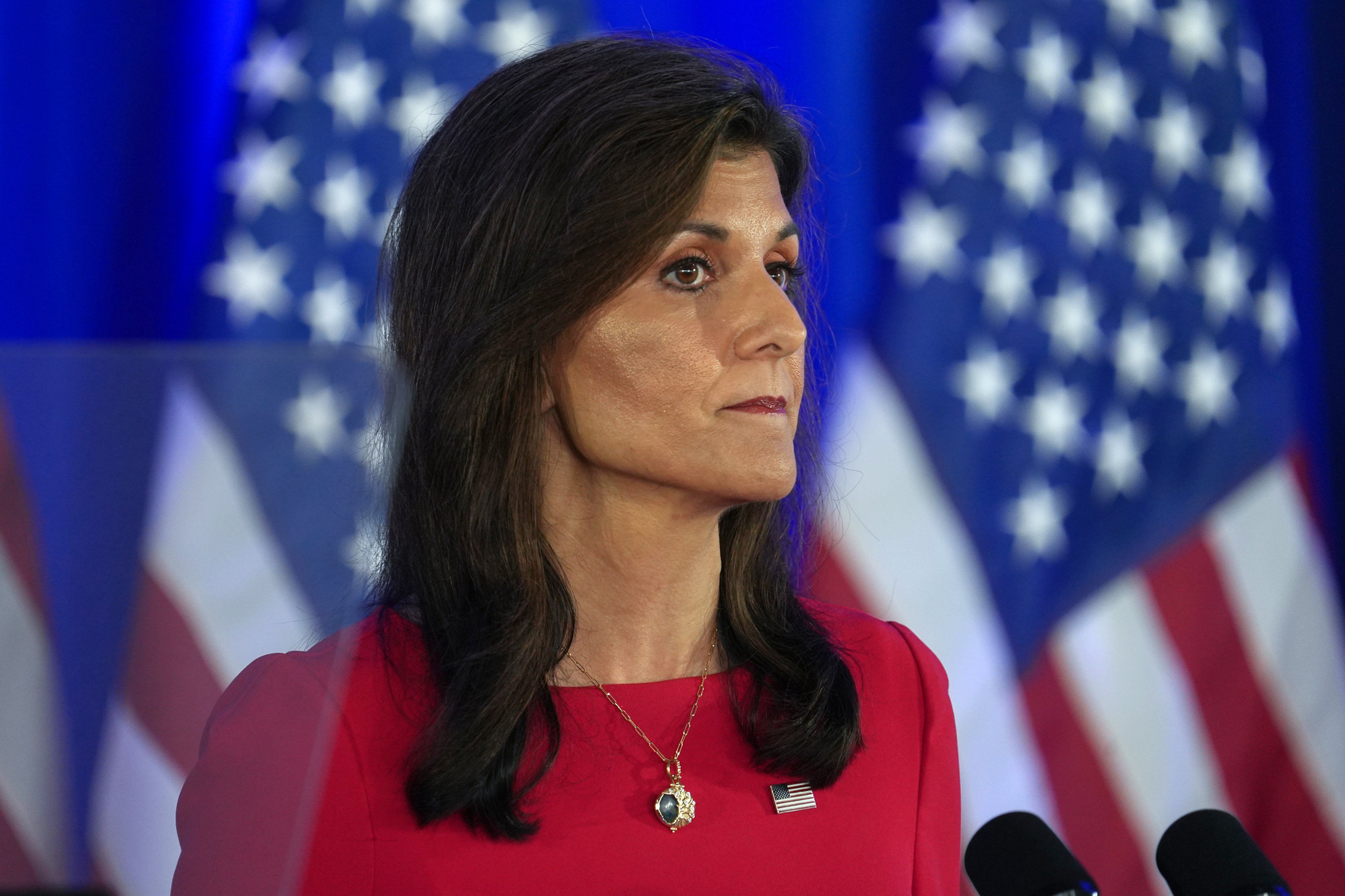After conceding Trump’s win and leaving the race, she chose not to endorse him. Instead, she announced, it’s the presumptive GOP nominee who has work to do. “It is now up to Donald Trump to earn the votes of those in our party and beyond it who did not support him, and I hope he does that," she said. “This is now his time for choosing.” So far, Trump has responded only by mocking the failures of her campaign.
In the fall, when party unity will be crucial for Trump’s success, how will Haley calculate her odds for future success? Will she fall in line to endorse him, as nearly all Trump’s rivals and GOP sometime-critics, including outgoing GOP Senate leader Mitch McConnell, have done? Or will she position herself as the one still-politically viable Republican who called him to account for his personal and political failings?
We, and Trump, will be watching.
